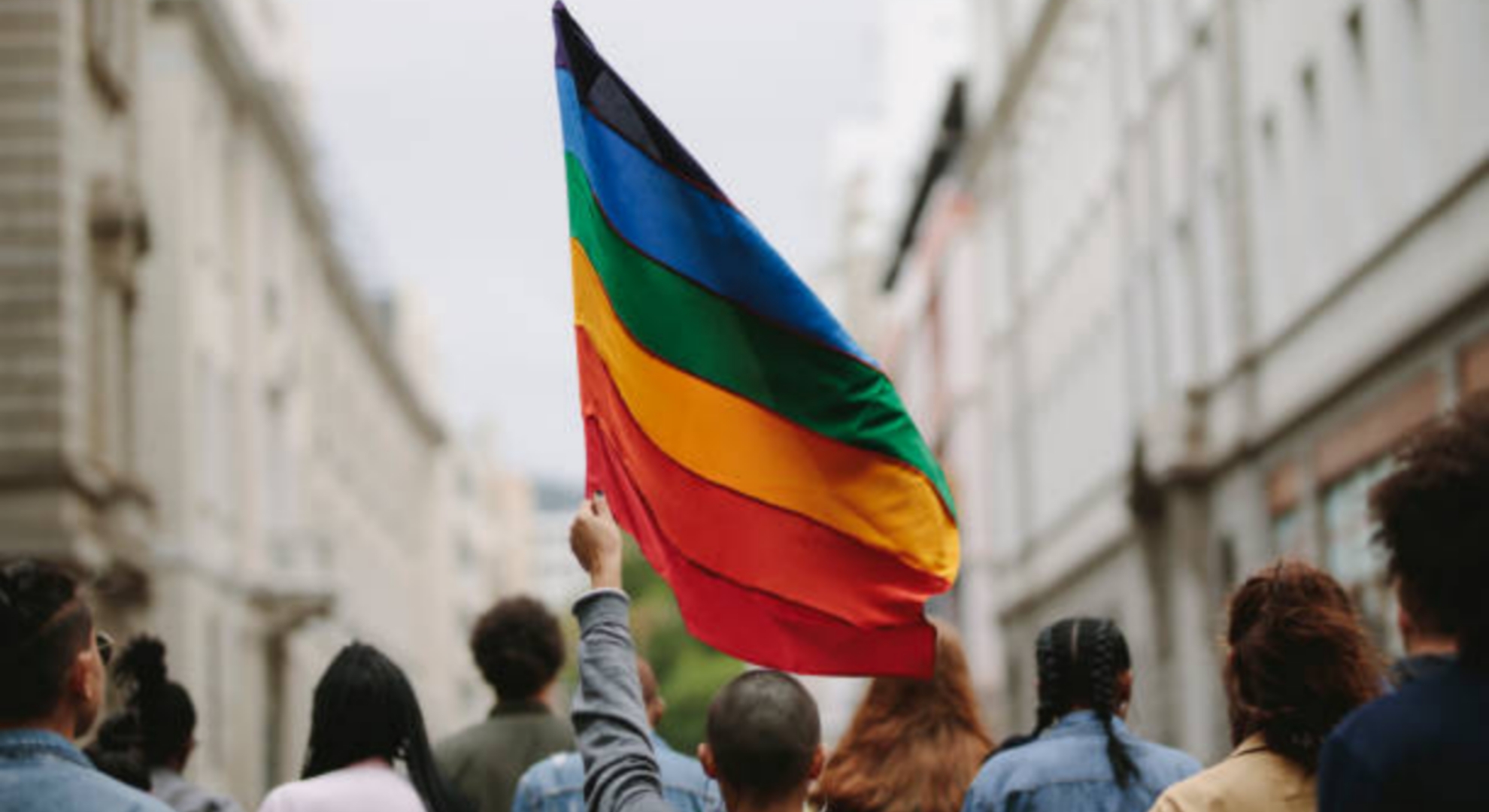The fight for gender equality in Spain has taken a positive turn as the country’s parliament just made groundbreaking queerstory.
On February 16, the Spanish parliament gave their final approval to several comprehensive laws and reforms that expand protections and the rights of LGBTQIA+ people in the country.
One of the “controversial” laws passed by the parliament is the “Trans Law,” garnering 191 votes to 60 with 91 abstentions. The Trans Law is also considered a significant milestone for the country’s fight towards equality and gender recognition.
In the new law, transgender folks are now allowed to freely change their gender on their identity documents through a simple self-declaration from the age of 16.
On the other hand, children aged 12 to 13 can also apply for gender change provided that a court judge will permit them to do so, while parents’ approval is needed for minors aged 14 to 15.
Before the passing of the recent statute, transgender people were only allowed to change their gender markers on their identity papers after several doctors have diagnosed them with gender dysphoria (a psychological condition that refers to people who feel their biological sex and gender identity are mismatched), and had undergone a two-year hormonal therapy.
The law also strengthens protections for the trans community as it has banned the practice of conversion therapy, the harmful performance of trying to change a person’s sexual orientation, gender identity, and gender expression.
Previously, this practice was just banned in several autonomous communities in Spain, particularly in Madrid, Murcia, Valencia, Andalusia, and Aragon.
The Trans Law also extended its protection for intersex people. Under the new regulation, intersex babies are prohibited to undergo unnecessary genital mutilation except in cases where they need medical interventions.
Additionally, intersex folks aged 12 to 16 are only allowed to undergo the said medical process provided that they have requested and given consent to perform such practice.
The Trans Law not only grants lesbians equal parenting rights but lesbian couples and single women are also given rights to access in vitro fertilization (IVF), a fertility treatment where a woman’s egg is combined with a sperm in a laboratory dish.
Other than the Trans Law, the parliament has given final approval to a law allowing 16 and 17-year-olds to undergo an abortion without parental consent.to undergo an abortion not only in private clinics but also in public hospitals without having to ask for parental consent.
Spain is also the first country in Europe to grant paid menstrual leave to their employer.
All of these laws were championed by Spain’s Minister of Equality Irene Montero, who assumed post in January 2020 and is a member of the left-wing populist political party Podemos.
YA SON LEY. DIRECTAS AL BOE 🏳️⚧️🏳️🌈💚#ConquistasFeministas pic.twitter.com/kph3phObPl
— Irene Montero (@IreneMontero) February 16, 2023
Messages of congratulations from people all over the world have flooded Twitter as they rejoiced in Spain’s progressive steps to achieve gender equality.
— Gary Dunion 🍉 (@garydunion) February 16, 2023
Now this truly progressive legislation. Well done the Spanish Parliament.👏👏💜
— Donna Hughes (@Hughes2Donna) February 16, 2023
https://twitter.com/SwordMasterMaya/status/1626392106829811712?t=-4eEGUUYUWE0BZ9nNYxr9g&s=19
https://twitter.com/SarahLSetters/status/1626242623232004096?t=3utc1zIk44dpgKSAUITfVA&s=19
Congrats to the Community in Spain!
May this be signs of more to come everywhere!
— J Q | 🏳️⚧️ 🇨🇦 🏴☠️ (@jabbingQuirker) February 16, 2023
GREAT NEWS, EVERYONE! Spain's TRANS LAW has PASSED! With it comes Gender Reform AND more autonomy for Intersex people! ♥
Buen trabajo, España!! https://t.co/QgV8NCifuC
— 🌻 SamⒶntha 🌻 🏳️⚧️ (@I_make_music) February 16, 2023
Why is Spain so good on Trans issues?
— 🇺🇸 Needs too 🇵🇦 (@needstoo1) February 20, 2023
For a religious country like Spain (who by the way spread Catholicism in different countries like the Philippines), this is such a huge win!
Meanwhile in the Philippines, we can only hope for such progressive laws to be finally passed. The only closest bill we have that recognizes the rights of the LGBTQIA+ community is the SOGIE Equality Bill, yet it has still been pending for more than two decades now. While abortion, on the other hand, is still considered a taboo in the country with many people still thinking it’s not healthcare.
The Philippines still has a long way to go to being inclusive and progressive, but we won’t lose hope as long as there are people who will continue to fight for it.
But for now, congratulations on taking a step closer to building an inclusive and safe space for women and for our LGBTQIA+ friends, Spain!
Other POP! stories that you might like:
Do we really need the ‘Heterosexual Act’? Or is it another ploy to invalidate the LGBTQ Community?
A twisted perception of the LGBTQIA+ community still permeates in our films and movies
The K-pop question of the year: Is XG a K-Pop or a J-Pop group?
Putting the ‘B’ in LGBTQIA+: What it means to be bisexual in the Philippines
Barangay officials condemn the use of ‘Pobla’ instead of ‘Poblacion’
The ‘A’ in LGBTQIA+: Understanding asexuality and aromanticism from the aroaces



